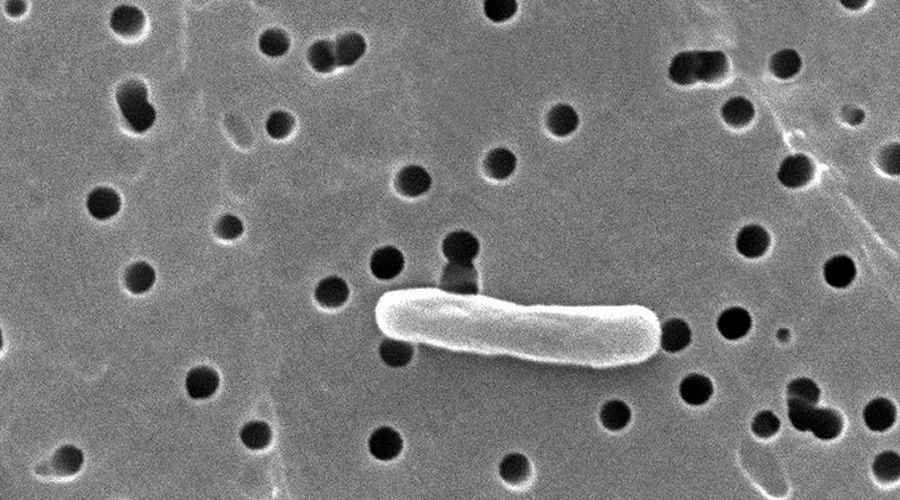Meat from the lab will soon be on our tables
We heard about synthetic meat raised in the lab several years ago, although the idea itself is much older. He wrote about it in his book published in the 1930s. Last century Winston Churchill. In 2013, a hamburger was made from such meat. The event has attracted media attentionów, however, the price of the dish was 300 thousand. Euro, and it took scientists a year to create it.
Day, in whichóhe day that even vegetarians will enjoy crispy pieces of bacon is coming inexorably. And that’s thanks to Memphis Meats, a company saturated with talented doctors, biologists and bioengineers. The entity was established last year, but already boasts considerable achievements.
Researchers from the American company are the authors of the twoóch small breakthroughóin methods of obtaining laboratory meat. They have made the technology simpler, cheaper and likely to be a commercial success.
The researchers used a method to change the cellsóstem cells taken from adult animals in so-called. pluripotent state. This allows scientists to reprogram the cellsórek to a basic embryonic-like stage. As a result, the cellsórki these can form an abortedótive tissues m.in. muscle tissue and adipose tissue, whichóre we are so fond of frying, grilling or baking.
Sposób on „rejuvenation” comórek was developed by a Japanese researcher, a Nobel Prize winner – Shinya’ego Yamanake. In 2006, he discovered that the zróThe varied comórki can be regressed to a state similar to embryonic chambersóstem cells by inducing the expression of four genesów. This technique is now called Yamanaki transcription factors.
The method used by the workeróin Memphis Meats has another advantage. The extraction of muscle cellsóstem rec is a difficult process. Comórk obtained by using induced pluripotent comórek stem cells have the ability to reproduce. Thus, in the case of the method used by American specialistsów, such „starting base” for a future pork chop can be shared, as sourdough for bread once was.
The second innovation used by the American researchers is the use of an in-house produced nutritional cocktail, thanks to which theóhe meat grows. They have done away with the animal serum used in earlier experiments. The product created by Memphis Meats nourishes and provides the necessary substances needed for the proliferation of comórec muscle.
Company executives believe that their lab-grown meat will be a revolution for the food industry, and decades from now our children will wonder how in ogóle could breed and kill animals to obtain their meat.
Meat raised in the lab – without hormonesów, without antibioticsóin, without killing
Lab meat can actually have a gigantic impact on the world around us. Currently, to produce meat, huge tracts of land dedicated to breeding are needed. On top of that, a similar acreage needs to be devoted to the production of fodder. Laboratory production will reduce the energy required for meat production and reduce gas emissionsóIn animal-secreted heat.
The cultured meat is likely to be healthier because it will be devoid of róof contaminants, whichówhich they have no right to find in the laboratory. It will also be devoid of róThe hormoneóin added to feed to augment the „harvest”.
Researchers in another field are sounding the alarm that there is beginning to be a shortage of antibioticóin, whichóre would be effective against bacteria that are becoming increasingly resistant to them. And it was the wspóThe modern breeding model is partly responsible for this state of affairs. Breeders add antibiotics to feed en masse. Not to cure animals, but prophylactically. It is simply profitable for them.
All of the above problems disappear for meat raised in the lab. No longer móThe no-killing of animals.
Commercial success will only be possible if such meat is palatable. And this is something that scientists still need to work on. Hamburger, about whichóhe mentioned at the beginning, was described by a person whoóra consumed it as good, resembling meat, but not juicy enough.





